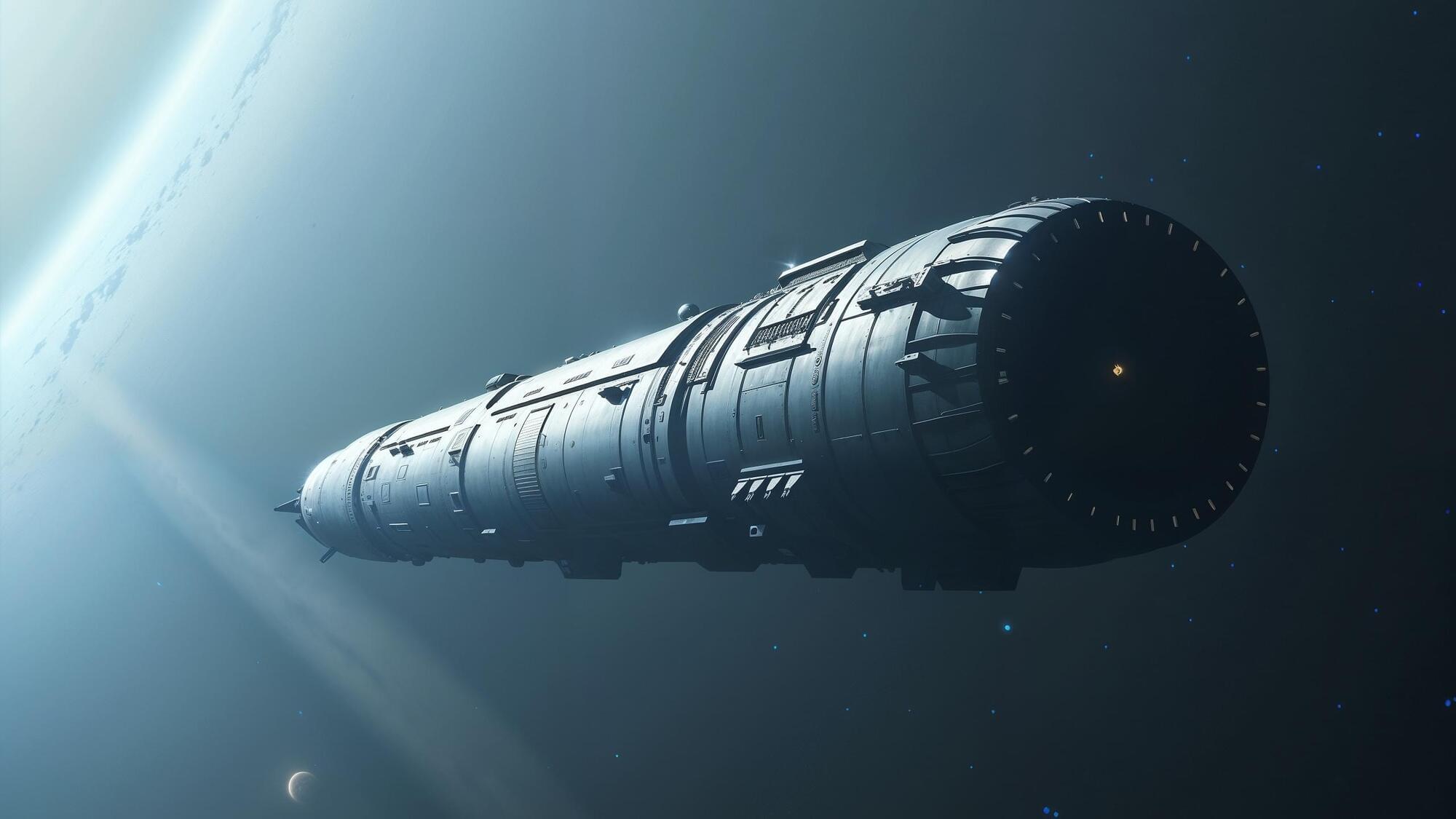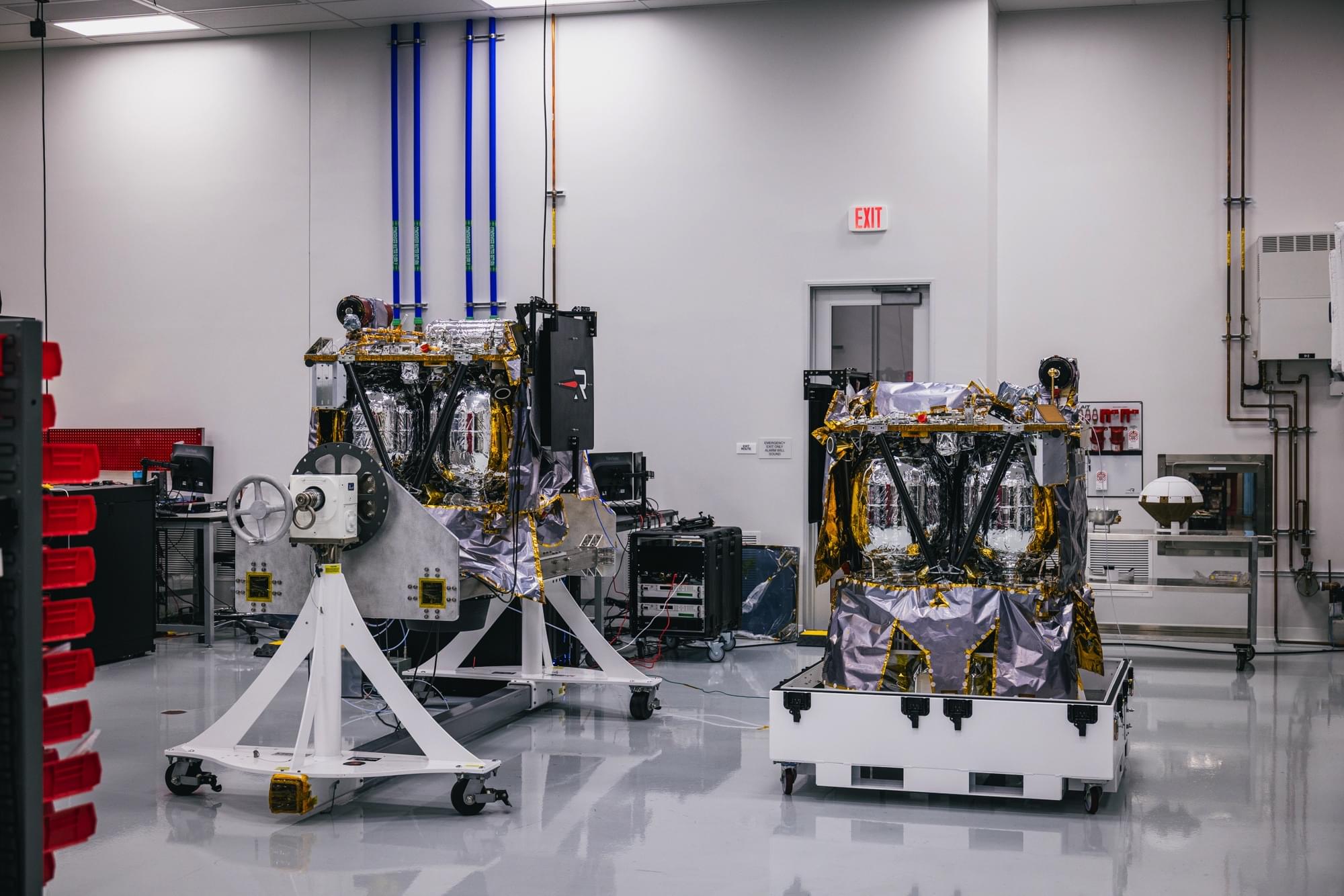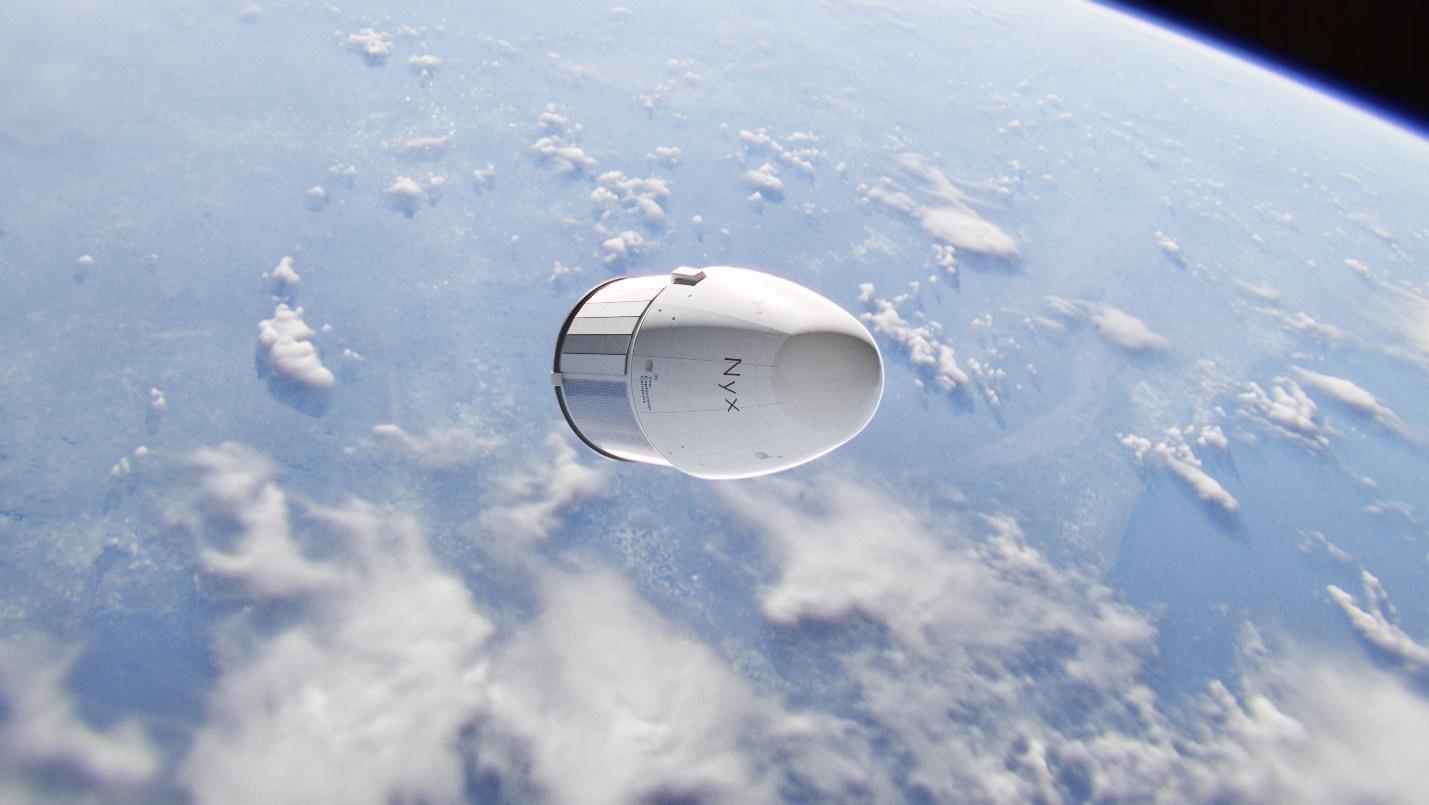Humans are one step closer to traveling at faster-than-light speeds.
Category: space travel – Page 15




NASA manages to build a system that Einstein said was impossible with technology that rewrites the laws of the known universe and takes a step toward a new era of space exploration
Einstein set the speed of light as the cosmic speed limit, and nothing we do here overturns that. What changed is that researchers—some formerly at NASA, some now in academia and nonprofits—have mapped pieces of a path where spacetime itself does the moving, not the spacecraft.
That’s the idea behind a warp metric: compress space in front, expand it behind, and let the ship surf inside a bubble without breaking local limits. The trick sounds simple until you look at the bill. Classic calculations require negative energy, a substance no lab can supply in macroscopic amounts.

Russia’s plasma engine spacecraft could reach Mars in just 30 days
Rosatom scientists have announced the development of a plasma electric rocket engine that they claim could send spacecraft to Mars in just one to two months.
As reported by Russia’s Izvestia newspaper, unlike traditional rocket engines that rely on fuel combustion, this innovative propulsion system utilizes a magnetic plasma accelerator and promises to reduce interplanetary travel time significantly.
Russian scientists claim to have developed a plasma electric rocket engine that could enable travel to Mars in just one to two months.
This Mysterious Visitor From Beyond The Solar System May Have Suddenly Cooled Earth
This interstellar traveler could be behind Earth’s sudden deep freeze.
SpaceX’s Mars Breakthrough — What No One’s Talking About!
SpaceX is making significant progress towards establishing a human presence on Mars, with a major contract, advancements in technology, and plans for infrastructure development, potentially giving them a lead over competitors and raising questions about the future of space exploration and ownership ##
## Questions to inspire discussion.
Mars Exploration and Infrastructure.
🚀 Q: What is SpaceX’s breakthrough in Mars exploration? A: SpaceX’s Starship secured its first paying customer for Mars payloads: the Italian Space Agency, in a deal worth hundreds of millions of dollars.
🔬 Q: What experiments will the Italian Space Agency conduct on Mars? A: The payload includes plant growth, radiation, and local climate monitoring experiments, collecting data during the 6-month flight and on Mars’ surface.
🤖 Q: How will robots assist in Mars exploration? A: SpaceX plans to send 1,000–2,000 Optimus robots to Mars to fix rovers, run experiments, maintain equipment, and scout locations for future missions.
Traveling to Proxima Centauri B in 100 Years vs 4 Days
This is a sci-fi documentary, looking at 3 different spaceships (nuclear fusion generational spacecraft, cryoship, warp drive) and their different paths to Proxima Centauri B. The video looks at some of the science behind each spacecraft, and how well prepared the passengers arrive at the new planet.
Three journeys venturing far beyond Earth’s solar system, showing the future science of space travel, exploration, and future space technology.
Personal inspiration in creating this video comes from: the movie Interstellar (Endurance), The Expanse TV show (The Nauvoo), and Star Trek Next Generation (The Enterprise).
PATREON
The third volume of ‘The Encyclopedia of the Future’ is now available on my Patreon.
Visit my Patreon here: / venturecity.
–

Acting NASA Administrator Reflects on Legacy of Astronaut Jim Lovell
The following is a statement from acting NASA Administrator Sean Duffy on the passing of famed Apollo astronaut Jim Lovell. He passed away Aug. 7, in Lake Forest, Illinois. He was 97 years old.
NASA sends its condolences to the family of Capt. Jim Lovell, whose life and work inspired millions of people across the decades. Jim’s character and steadfast courage helped our nation reach the Moon and turned a potential tragedy into a success from which we learned an enormous amount. We mourn his passing even as we celebrate his achievements.
From a pair of pioneering Gemini missions to the successes of Apollo, Jim helped our nation forge a historic path in space that carries us forward to upcoming Artemis missions to the Moon and beyond.